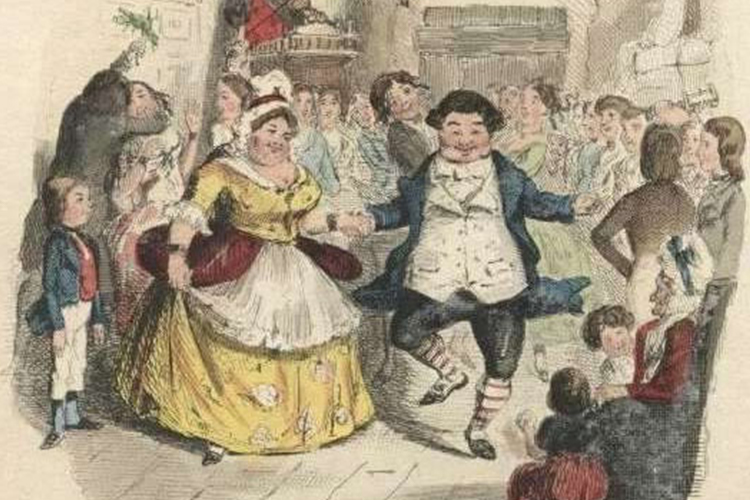Tis the season to be political

Charles Dickens is widely credited with the reinvention of Christmas as a family-oriented affair.
Christmas should be about politics and not presents, according to a new study into the meaning of Christmas.
The study, carried out by a researcher at the University of St Andrews, suggests that the majority of Britons subscribe to the Victorian reinvention of Christmas as a family-friendly affair.
However, author of a new report The Politics of Christmas, Dr Stephen Holmes, says that the season of goodwill should be just as much about challenging economic exploitation and political oppression.
He said, “Our modern view of Christmas is largely a Victorian invention, thanks to the imagery within Charles Dickens’ tale A Christmas Carol, and bears little resemblance to the story as told in the gospels. The Christmas story is intensely political, with St Matthew and St Luke focusing their sights on firm questions of economic exploitation, imperial oppression, social stigma, and petty tyranny.
“Christmas is about challenging economic exploitation and political oppression just as much as it is about family and charity. The de-politicisation of Christmas in contemporary culture is therefore strange and inappropriate.”
In his study, Dr Holmes, a Senior Lecturer in Theology at St Andrews, examined data which asked people what they thought Christmas was about. The overwhelming majority (83%) said they thought the festive season was “about spending time with family and friends”. Three in five (62%) said that it was “a time when we should be generous to people less fortunate than ourselves”.
However, the researcher was surprised to find that only a third (34%) thought it was “a time when we should challenge poverty and economic injustice” and a mere fifth (19%) said it was “a time when we should challenge political oppression around the world”.
Dr Holmes believes that the majority of British people fail to grasp the true meaning of Christmas and that the story of the birth of Jesus was ‘a political event, through and through’.
He explained, “The stories of the birth of Jesus offer a picture of the world in which politics affects the domestic life of ordinary families at every turn: Mary and Joseph are only in Bethlehem because of a census intended to regularise taxation records; they rapidly become asylum seekers in Egypt, fleeing oppression by the local political authority, King Herod.
“More than that, however, the biblical stories of the birth of Jesus are set at a time of political unrest. Palestine at the time has fairly recently been occupied by Rome, and resentment and talk of revolution are everywhere. The birth of Jesus was a political event, through and through. Our celebration of Christmas should therefore be political also.”
The study was commissioned by religion and society think tank Theos, which offers research and commentary on issues of religion, ethics and society. Director Elizabeth Hunter, commented, “Christmas is undoubtedly a time for family and for generosity. But it should also be a moment when we hear and attend to the Bible’s message of justice and freedom for all. The gospel writers repeatedly emphasise the political implications of the birth of Jesus, implications to which we have become deaf. However, in this year above all, in which we have seen that Arab Spring and worldwide economic protests, we should listen carefully to the true political message of the Christmas story.”
ENDS
Note to Editors
Dr Holmes is available for interview on: 01334 462838 or mobile 07966 295 923.
Category Research